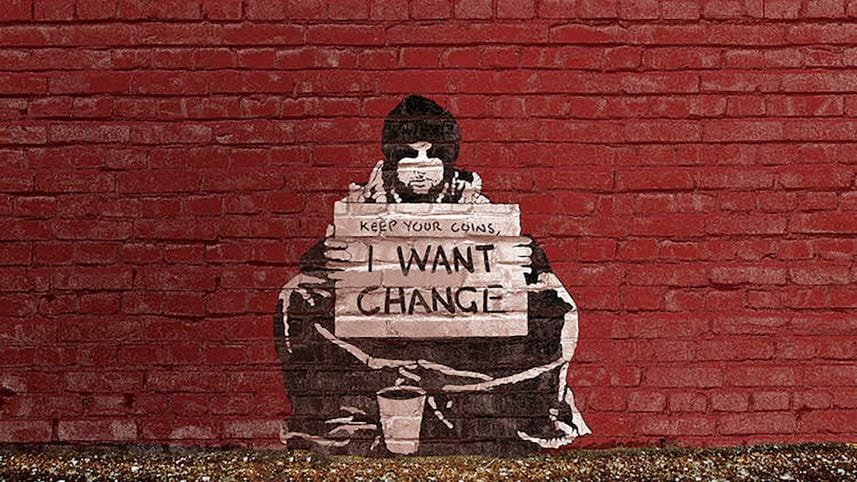Revisiting our social structures

Today, in most countries the social pecking order boils down to one stark variable—how much money a person makes. The new upper or "elite class" comprises CEOs drawing astronomical salaries, successful entrepreneurs extracting obscene profits, and fund managers pedalling financial products which yield fat commissions. We are witnessing the upsurge of a laissez-faire system where anything goes as long as it yields instant profits and wealth. Business ethics and moral values have virtually flown out of the window.
The US president Donald Trump encapsulated the prevailing zeitgeist in an interview with NBC's Chuck Todd. While defending his financial dealings with Saudi Arabia in the wake of the Khashoggi murder, he said: "If [Saudis] don't do business with us you know what they do? They'll do business with the Russians or with the Chinese...Take their money. Take their money, Chuck." I realise that Donald Trump is hardly someone that we should turn to for moral guidance, but it is a sad state of affairs when the leader of a country that espouses "inalienable rights" and "equal opportunity" for its citizens declares publicly that money is all he "cares about" and values and principles are irrelevant.
You might be wondering where my thoughts are leading. No, I am not about to embark on a moralistic monologue about values and principles. What concerns me is the collapse of a very important segment of society that is referred to as the "middle class". Today the upper class is the plutocratic elite and at the lowest rank we have the socially excluded and economically marginalised, who by nature or nurture are caught in a poverty trap. The new middle class is thus a heterogeneous group consisting of everyone stuck in between—a muddle of people with diverse income levels, backgrounds, skills and occupations.
Let me try explaining why this is problematic. The old middle class had a clear identity and a road map—not defined by money or family background but by a value system. Many of these individuals had 9-5 jobs with reasonable incomes and lived in cohesive communities. They had a fanatical belief that a good education and hard work would ensure a secure future for their children. Boasting and flaunting wealth were considered crass and invited social opprobrium. In general, middle class families upheld a set of social norms that served as models for upwardly mobile youth.
The start of the 21st century marked a new dawn for capitalism and an unprecedented accumulation of wealth in the hands of the rich one percent. Income inequality rose sharply and the middle class began to shrink and lose its relevance. In fact, they have been reduced to a marginalised group with no job security or pension, and most of all, little assurance that their children would enjoy a level playing field in accessing respectable employment. Unfortunately, crafty politicians have managed to blame the phenomena on issues such as immigration and globalisation, without addressing the income inequity problem.
Whatever the cause or the fate of the new form of "raw capitalism", the world's social and moral fabric is in tatters. Middle class values of gentility, civility, honesty, emphasis on academic achievement and social restraint have been supplanted by the survival of the fittest (read wealthiest) philosophy. Today, there is only one prominent cohort that counts—it's the moneyed elite. They are enjoying unprecedented material privileges and because of their wealth, they are assured "privileged" access to the best education, best jobs and the best opportunities. They also control art, culture and sports and thus have the ability to influence ideas and beliefs.
Ah well—you will say—classes come and classes go and the "old order changeth, yielding place to new." Few tears were shed when the aristocracy and the industrial working class met their doom. And now we are once again going through a restructuring of the social order. Perhaps water will find its own level. However, the troubling issue is that with the dwindling middle class we may be losing the backbone of our communities that rested on certain "middle class" values and ethics. Hence, this may be the right time for us and our leaders to reflect and think about how we can realign our pursuit of material gains with a focus on social cohesion.
Milia Ali is a Rabindra Sangeet exponent and a former employee of the World Bank.




 For all latest news, follow The Daily Star's Google News channel.
For all latest news, follow The Daily Star's Google News channel.
Comments